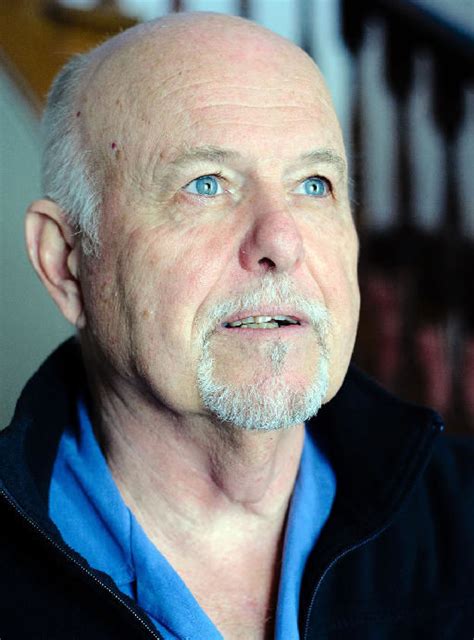A Quote by Gustave Flaubert
Everything depends on the value we give to things. We are the ones who make morality and virtue. The cannibal who eats his neighbor is as innocent as the child who sucks his barley-sugar.
Related Quotes
It is alleged by men of loose principles , or defective views of the subject, that religion and morality are not necessary or important qualifications for political station. When a citizen gives his vote to a man of immorality , he abuses his civic responsibilty. He sacrifices not only his own interest but that of his neighbor, and he betrays the interest of his country.
Hollywood keeps before its child audiences a string of glorified young heroes, everyone of whom is an unhesitating and violent Anarchist. His one answer to everything that annoys him or disparages his country or his parents or his young lady or his personal code of manly conduct is to give the offender a "sock" in the jaw.... My observation leads me to believe that it is not the virtuous people who are good at socking jaws.
But somewhere, a child surprises himself with his endurance, his quick mind, his dexterous hands. Somewhere a child accomplishes with ease that which usually takes great effort. And this child, who has been blind to his past, but his heart still beats for the thrill of the race, this child's soul awakens. And a new champion walks among us.
The virtue of Marcus Aurelius Antoninus was of a severer and more laborious kind. It was the well-earned harvest of many a learned conference, of many a patient lecture, and many a midnight lucubration. At the age of twelve years, he embraced the rigid system of the Stoics, which taught him to submit his body to his mind, his passions to his reason; to consider virtue as the only good, vice as the only evil, all things external as things indifferent.







































